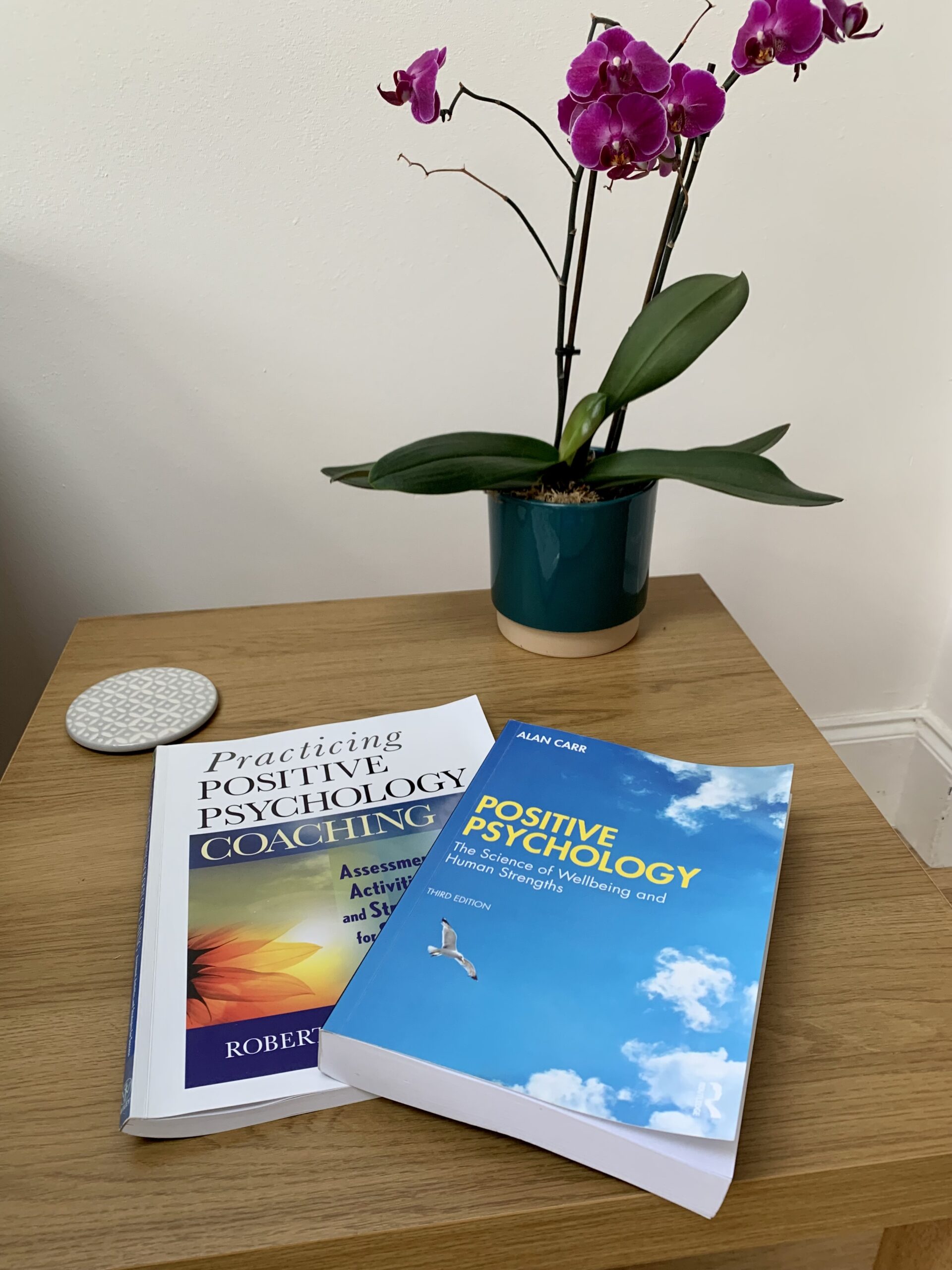When people come to see me for therapy they often think that the assessment is going to be a complicated process. Psychologists go through many years of training and we can do very in-depth assessments. In our training this usually includes cognitive tests and in depth questionnaire measures.
For most people seeking therapy this really isn’t necessary. When you come to me seeking therapy I am interested in understanding your difficulties and what you want to change. I want to hear your impression of the problem, how it started, what makes it better or worse, and ways that you cope now.
I see many clients who have difficulties with anxiety and self-esteem and those who have experienced trauma. I also see many people who have experienced injuries or are coping with a physical health condition. The first session is about me trying to understand your particular difficulties and your situation. It is about getting to know you and what you want to change.
In most cases, I will get an overview of your difficulties in the first session and we will be able to come up with a plan. This is when I think your difficulties are not complex and when I think we will be able to make some good progress by just getting started. I will continue to learn more about you as we start working together.
For some clients, I will suggest that we spend more time on the assessment. This is usually when multiple things have happened or there is complexity that we need to understand better. In these cases it is usually beneficial to understand your difficulties fully before we decide on a plan.
What can I do to prepare for my session?
When we meet I will start by asking a general question about what has brought you to the session. You may want to think about where to ‘start’ with this. However I don’t want you to over-prepare or have a ‘script’. I want to hear an overview of your difficulties including when the problem started and how it is affecting you.
Most clients do the majority of the talking in the first session. When I need to I will ask you additional questions to get more information and clarify things. Sometimes I will ask you to give me specific examples of when your difficulties have been triggered.
If the problem started some time ago it can be helpful to start at the ‘beginning’. Maybe something happened that was very difficult, or something knocked your confidence. It can be helpful to think about how the problem has changed over time.
At the end of the first session I usually ask about your goals. What would you like to achieve if we were to work together? What would be different at the end of our sessions?
If there is a particular therapy you are interested in, please let me know this. Many clients come to me with an interest in EMDR. Your preferences are important and I want us to work together to achieve your goals.
Do not worry if we don’t cover everything in the first session. I often think carefully about my clients in between sessions and I will come to you with more questions if I have them. By the same token, many clients I work with will come back to me with insights that they have reached between sessions. This is part of the process of therapy and each step forward helps us to understand better, refine our plan and move towards your goal.
I hope this is helpful to prepare you for seeing a psychologist. Please Contact me if you would like to book in.
